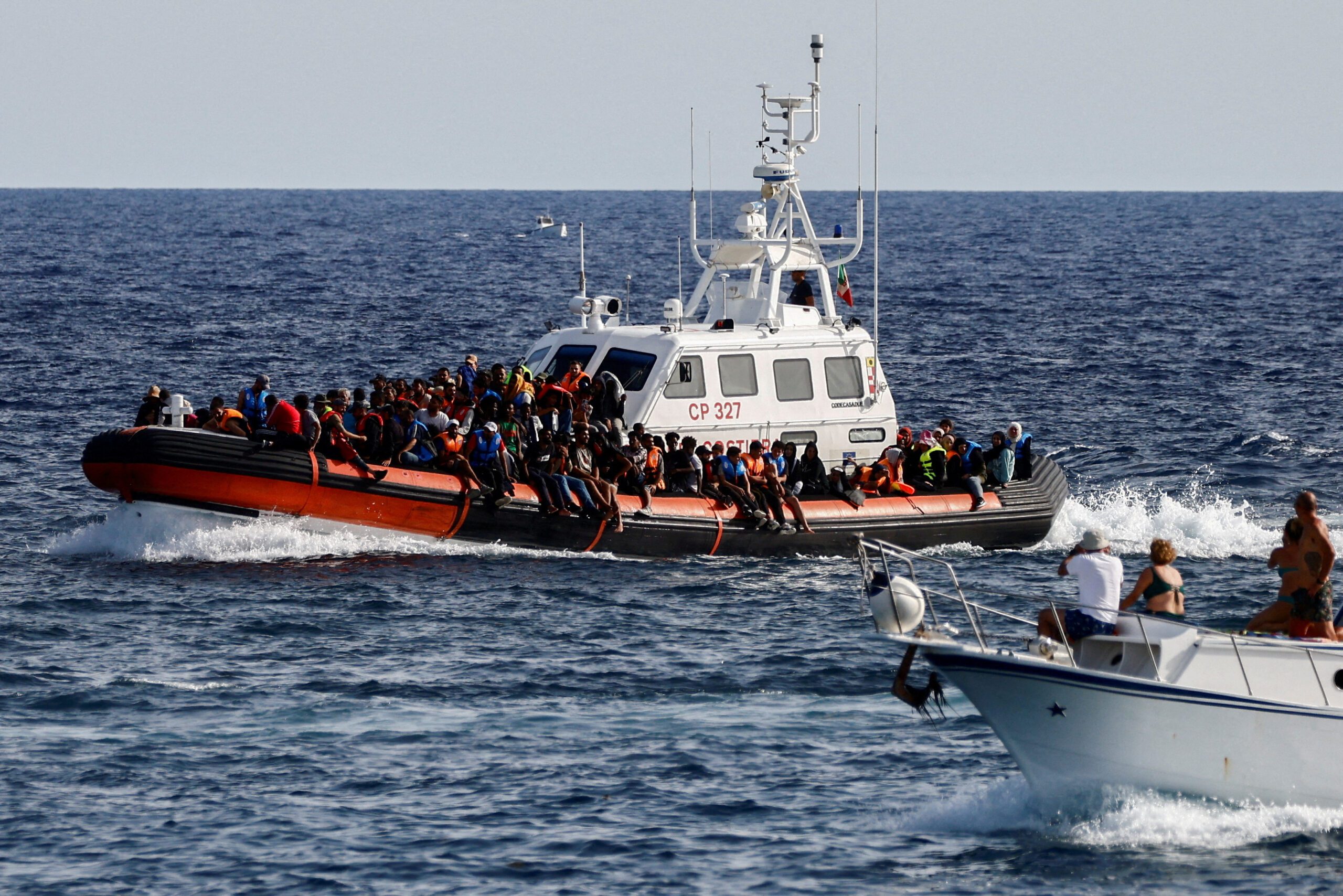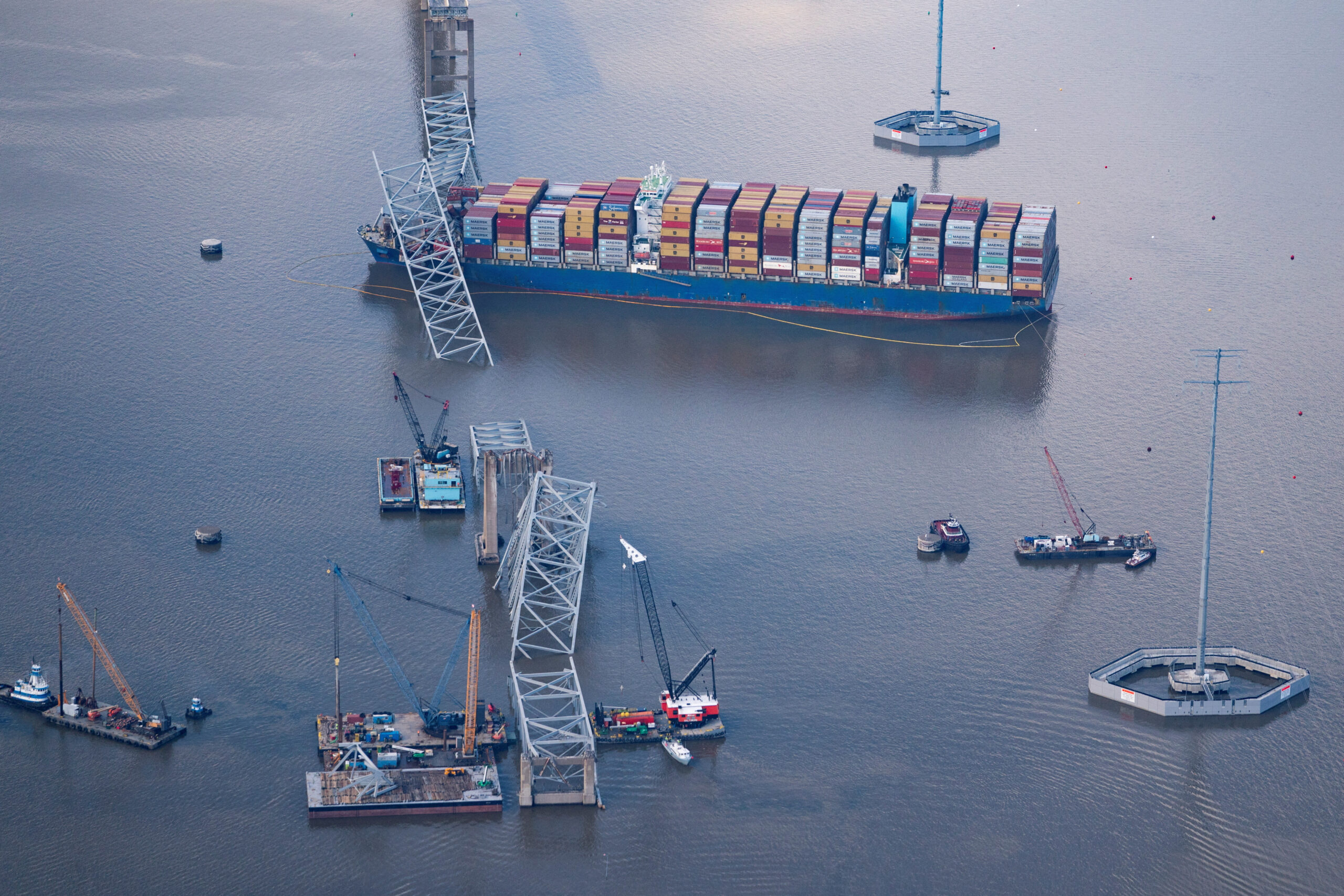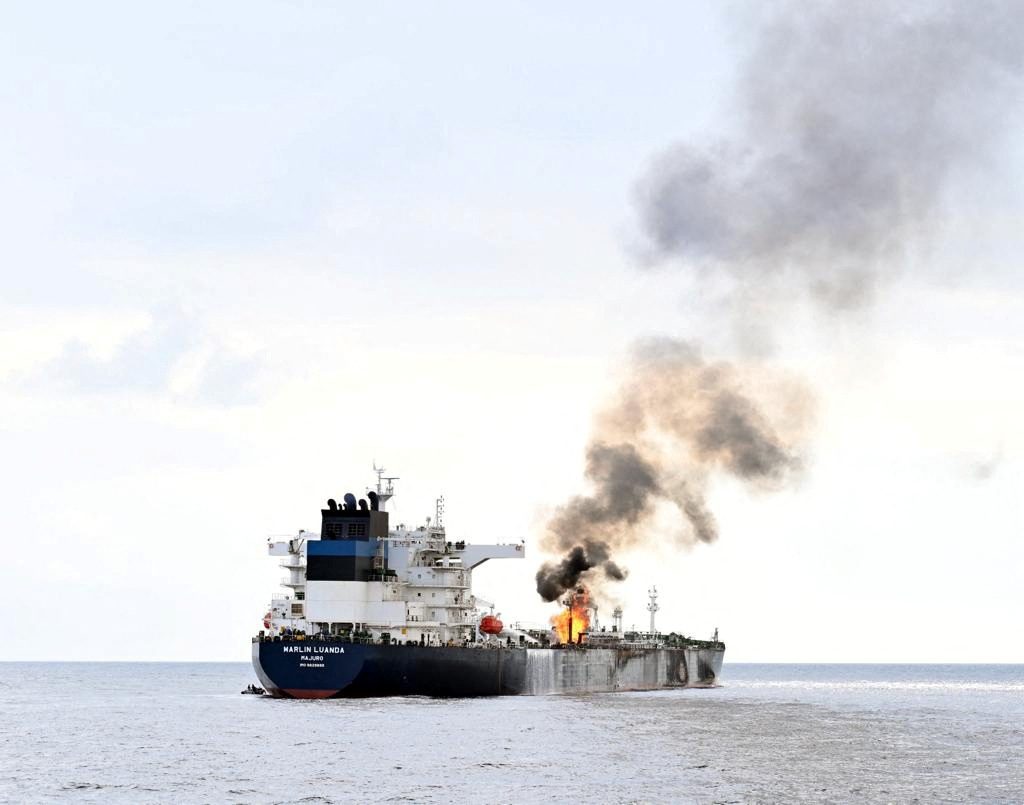Niger Delta. Photo credit: NASA
By Bryan Abell, Six Maritime, LLC
In the ongoing saga of plummeting oil prices, there are winners and losers. We consumers who drive gas-guzzling F-150 pick-up trucks have some extra spending cash, while energy exporters, oil majors and their affiliated markets are feeling the pain.
Three notable factors have caused prices to tank: first, improved efficiency, reliance on alternative fuels and a stagnant global economy have curbed demand. Second, thanks to horizontal drilling and fracking, the United States has surpassed Saudi Arabia as the world’s top producer. America’s bid for energy independence means decreased reliance on foreign oil and a surplus of foreign crude. Third, supply from the major producers has remained inelastic, despite increased geopolitical instability. Saudi Arabia’s refusal to curb production has been an effective check against the bellicose ambitions of energy dependent rivals. The hands-off approach on behalf of OPEC’s top producer (and other Gulf Arab suppliers) has allowed for the continued free fall of prices. As a result, those with reserve shortages – namely Iran and Russia – have bore the brunt of the price shocks.
While the price plunge and its effect on the global economy are evident, we should not forget that illicit economies are equally subjected to market forces.
Criminal rackets are composed of rational economists: their propensity to exploit demand, capitalize on surpluses and shortages and react to price shocks is like any lawful enterprise. In June, when oil prices topped $115 per barrel, the bloated commodity prices created a powerful incentive for black market entrepreneurs in regions like Nigeria, where licit opportunities are scarce. However, with crude prices dipping below $45 per barrel – a 60% decline in six months – one can expect that the invisible hand will show no prejudice by strangling the black market industries that fail to adapt.
Accurately interpreting the effects of a price shock and anticipating the behavior of criminal industries can be problematic. In murky economic and political environments like Nigeria’s, layers of corruption and ubiquitous collusion between crime syndicates and policy makers, security forces and energy proprietors create a hopelessly perplexing arrangement. In a climate where business ethics are characterized by shades of gray, even legitimate stakeholders sometimes have an interest in seeing Nigeria’s black markets weather recessing oil prices.
Two predominant groups are culpable for the fleecing of Nigeria’s oil industry.
First is the organized criminal rackets backed by corrupt political elites. Many of these organizations have brokered deals with the region’s oil majors and security forces. In exchange for a cut of the proceeds from black market sales, some producers and naval and Joint Task Force officials allow exclusive access to both raw crude and imported refined product. While not every producer and Nigerian security contingent is complicit in the theft, these “white-collar” or “industrial” bunkering deals comprise the bulk of the country’s black market economy.
But as a business grows, so does its overhead and number of shareholders. The sanctioned theft of millions of tons of oil requires bankrolling labor, equipment and logistics. These costs, coupled with the appropriate bribes paid to the operation’s host of influential stakeholders, degrade the adaptability of Nigeria’s industrial bunkering apparatus. When up against plummeting oil prices, industrial oil theft networks have two options: steal more product or find supplemental revenue streams. The former is unlikely. Low prices mean that energy companies need to maintain production levels to meet their own bottom lines. Yielding additional supplies to an illicit market further jeopardizes the corporation’s narrowed profit margin.
The latter may be equally problematic: energy producers and government shareholders may be unwilling to cross the ambiguous gray line between morality and depravity. While some may justify skimming petrol as a pass through cost of doing business in Nigeria, support for more odious crimes, like kidnap-for-ransom, may jeopardize the sustainability of the industry’s white-collar rackets. Without the top-cover of government and corporate shareholders to amass more product or explore alternative revenue sources, well-connected thieves and smugglers may simply tighten their belts and ride out the recession in hopes of a summertime rebound.
Alternatively, Nigeria’s second group of criminal actors – the loosely organized and unsupported factions – may be in a better position to take advantage of the price shock. These opportunists, gang members and former youth militants may not have the luxury of political ties or sharing arrangements with energy producers. They instead rely on criminal wit to crack oil pipelines, loot vessels and collect abduction ransoms. With negligible operating costs and no illicit bureaucracy or shareholders to answer to, these groups can more easily adapt to market forces and exploit additional revenue streams.
In reality, the aforementioned is little more than sound speculation. Obtaining quantifiable data on price-driven changes in criminal activity during Nigeria’s current election cycle is a statistician’s nightmare. Poor reporting makes election violence and illicit campaign funding virtually impossible to disentangle from the criminality that accompanies price shocks. Once the political dust settles, however, market-driven changes in behavior should become clearer.
If energy speculators are correct, global producers will give in to pressures to cut production, and prices will stabilize by the summer of 2015. Until then, those who do business in Nigeria should anticipate changes in the threat environment. Tighter margins on behalf of the oil majors will force the organized rackets to ride out the storm, while the less sophisticated outfits will revert to the old staples of robberies and kidnap-for-ransom. While Nigeria’s 2009 amnesty agreement ended six years of insurgency in the Niger Delta, the arrangement also resulted in security deals that placed the protection of energy infrastructure in the hands of former militants. Robbery at sea and kidnap-for-ransom extortions were prominent revenue sources for these militants during the height of their insurgency. A resurgence of these activities is a fairly easy way for nimble and low-budget syndicates to make up for losses in bunkering revenue.
Nigeria’s economy is a one-trick pony.
As Africa’s second largest oil producer, the country’s Bonny Light Crude exports make up 95% of export earnings and 70% of government revenue. As a result, virtually every legal and illegal revenue stream is bound to the oil and gas sector. For the businesses and investors that have a legitimate stake in West Africa’s most opportune market, the commodity price crash provides a contemporary case study on the resiliency and vulnerability of organized crime. Time will tell whether market forces will make winners or losers out of the disreputable opportunists that prey on the industry.
Major Bryan Abell served 10 years in the United States Marine Corps as a Force Reconnaissance Marine and Intelligence Officer. He is a U.S. Naval Academy and Stanford University alumnus and currently serves as Six Maritime’s Director of Operations for West Africa.
Unlock Exclusive Insights Today!
Join the gCaptain Club for curated content, insider opinions, and vibrant community discussions.

 Join The Club
Join The Club













